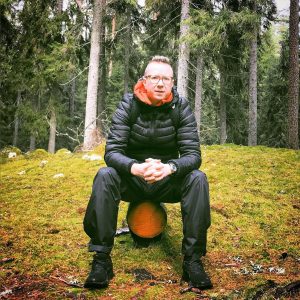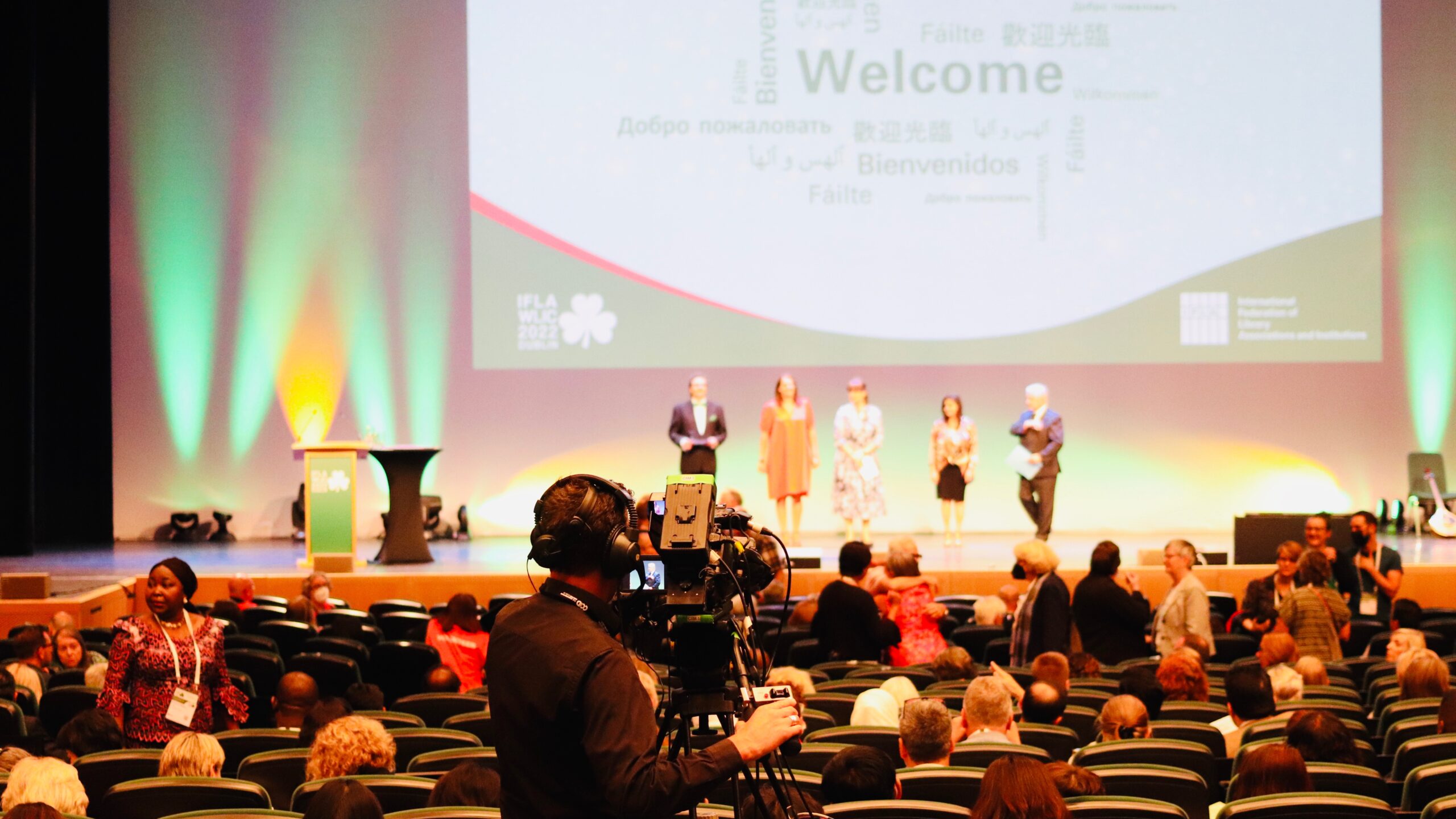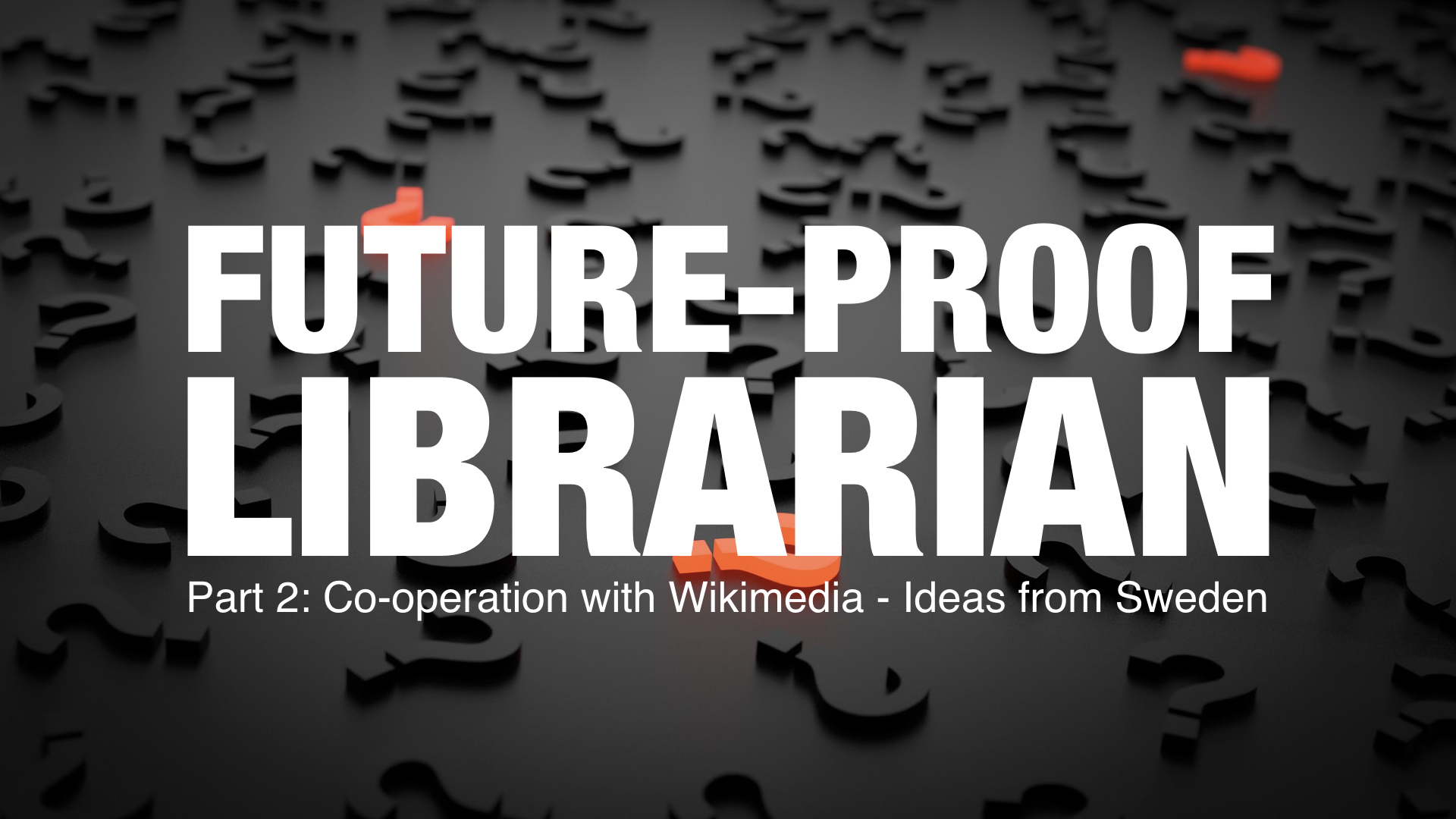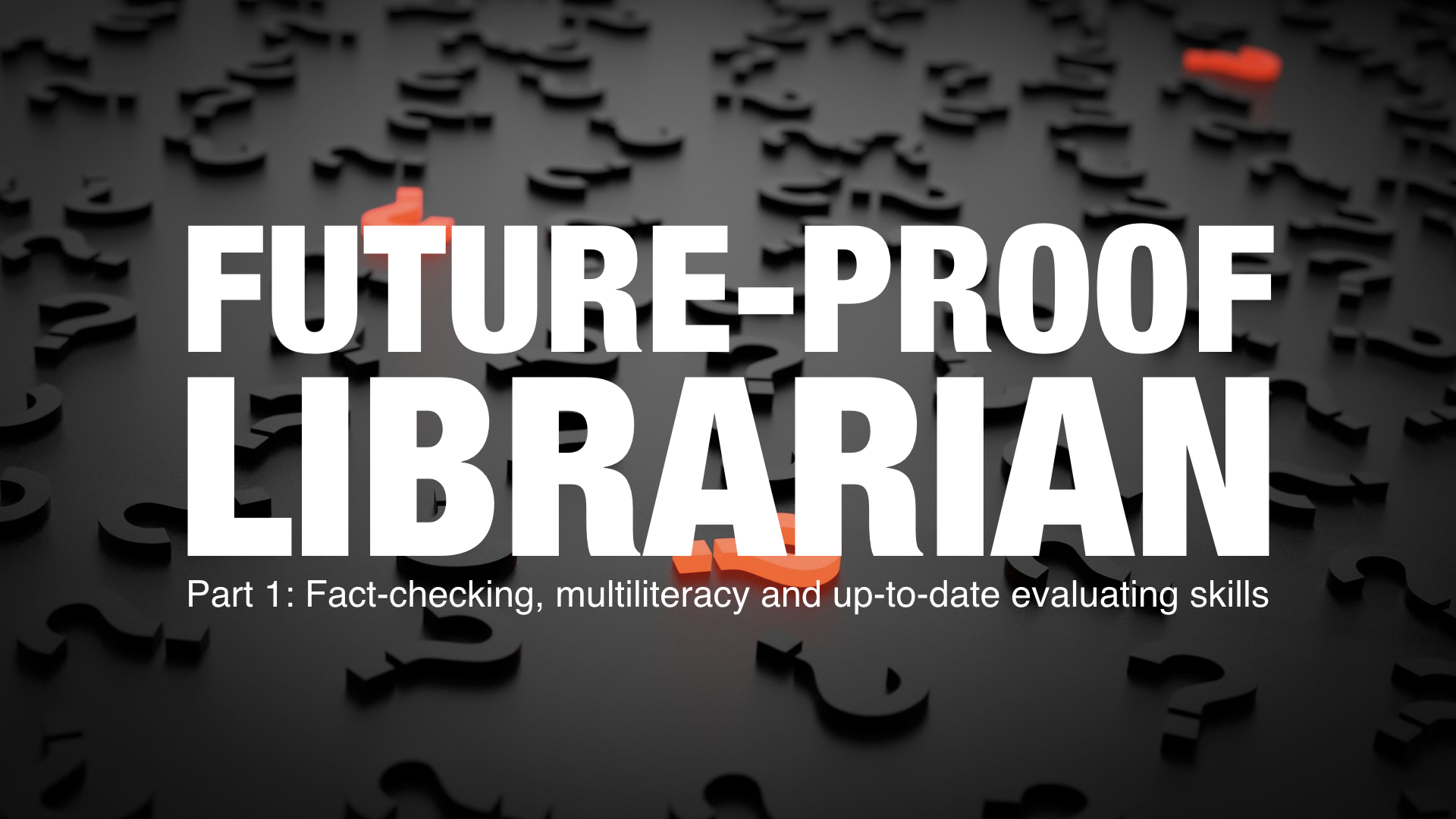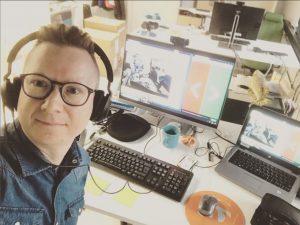Writer: Jarkko Rikkilä, coordinator, Tampere City Library – Regional Development Task, Finland
How can libraries co-operate with Wikimedia – Ideas from Sweden
Besides enhancing our skills in evaluating, the libraries could also participate in organizing, producing and creating information. One of the interesting methods of doing so would be co-operating with the Wikimedia Foundation. There’s a lot of similarities between libraries values and the goals of the free encyclopedia Wikipedia. The aim of both is to make information accessible to as many people as possible. In addition, the professional ethics of the library staff has similarities to the principles recognized by Wikipedia volunteers.
One of the library development organizations that has opened up doors concerning this kind of co-operation is the Sörmland Library Development Unit in Sweden. I interviewed our Swedish colleagues Malin Klintholm and Victoria Lagerqvist, who shared kindly their thought to CPDWL blog readers. We met with Malin and Victoria in the Next Library 2019 -conference in Aarhus Denmark and we’ve been in touch since. Malin’s and Victoria’s ideas were the inspiration to our own Wikipedia related training sessions for librarians in our area. That’s why I think these are good tips and tricks for everyone working with professional development!
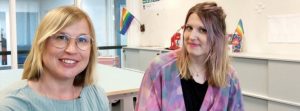
Malin and Victoria
Tell us some examples of the co-operation with Wikimedia?
“In 2020, together with Sörmlands museum and Wikimedia Sweden we initiated Project LBTQI on Wikipedia, where we improve Wikipedia from a LBTQI perspective in regarding content and representation of editors. Our co-operation is a way to work with democracy, sustainability and equality online, in line with the mission of the public library.”
“Because of Project LBTQI we had a lot of interactions with Wikimedia Sweden as well as the museum. These led us (Sörmlands museum and Biblioteksutveckling Sörmland) in getting a Wikimedian in Residence during for six months in 2022. With this position we want to explore how librarians can work with Wikipedia, how the museum and library can collaborate, and also strengthen our own organization as one that empathizes with a sharing culture, and accessibility to free knowledge. Both us and Wikimedia Sweden have also been contributing with courses and articles to the theme Wikipedia on Digiteket, the national learning platform for librarians in Sweden.”
How could the librarians participate in creating and editing information?
“Librarians can participate in many ways, like enhancing Wikipedia with better sources as well as help others to find sources. It’s like being a reference librarian in a digital setting. Working on Wikipedia is a way to meet the users where they are and where they seek information, but also participate in building a community, making sure it’s a community for and by all. It’s also a great way to teach literacies.”
“The library could organize Wikipedia activities, for example edit-a-thons on different topics and gather people who are interested or have a lot of knowledge on the chosen topic. Maybe on the climate issue or local authors? Since Wikipedia is a global movement, librarians could also take advantage of the different languages spoken in a community, working together to improve articles in different languages at the same time creating a learning space for language development.”
“We encourage librarians to take part in #1Lib1Ref (which stands for one librarian, one reference) which is a campaign happening every year. Librarians could also join a Wikipedia project of relevance, for example in Sweden, they could join our Project LBTQI, in order to either learn more about how to identify and bridge gaps on Wikipedia, or to raise awareness of LBTQI knowledge in their own library and in the community.
“We see that librarians through Wikipedia could play a part in the work where underrepresented groups gain the visibility they deserve. If you put a light on more stories that matters in our understanding of the world, we contribute to broaden our collective knowledge, making it a much better and more relevant knowledge development.”
What kind of new skills or learning have you detected with the co-operation?
“Libraries and the Wikimedia share the common purpose of providing free public access to resources and knowledge for everyone. With our co-operation we’ve deepened our understanding of Wikipedia itself as well as all the other Wikimedia-platforms, and all the possibilities related. It’s been helpful for us to be more open-minded to different ways of thinking. Also through co-operation librarians are learning how and why it’s a good idea to be a librarian on Wikipedia. For example, increasing the understanding of open linked data, put on the role of being a reference librarian in a digital environment, skills regarding copy right and open source are in our findings.”
Since working on Wikipedia is a kind of never-ending story, it’s also a perfect fit for lifelong learning – for you, your colleagues and your local community.
